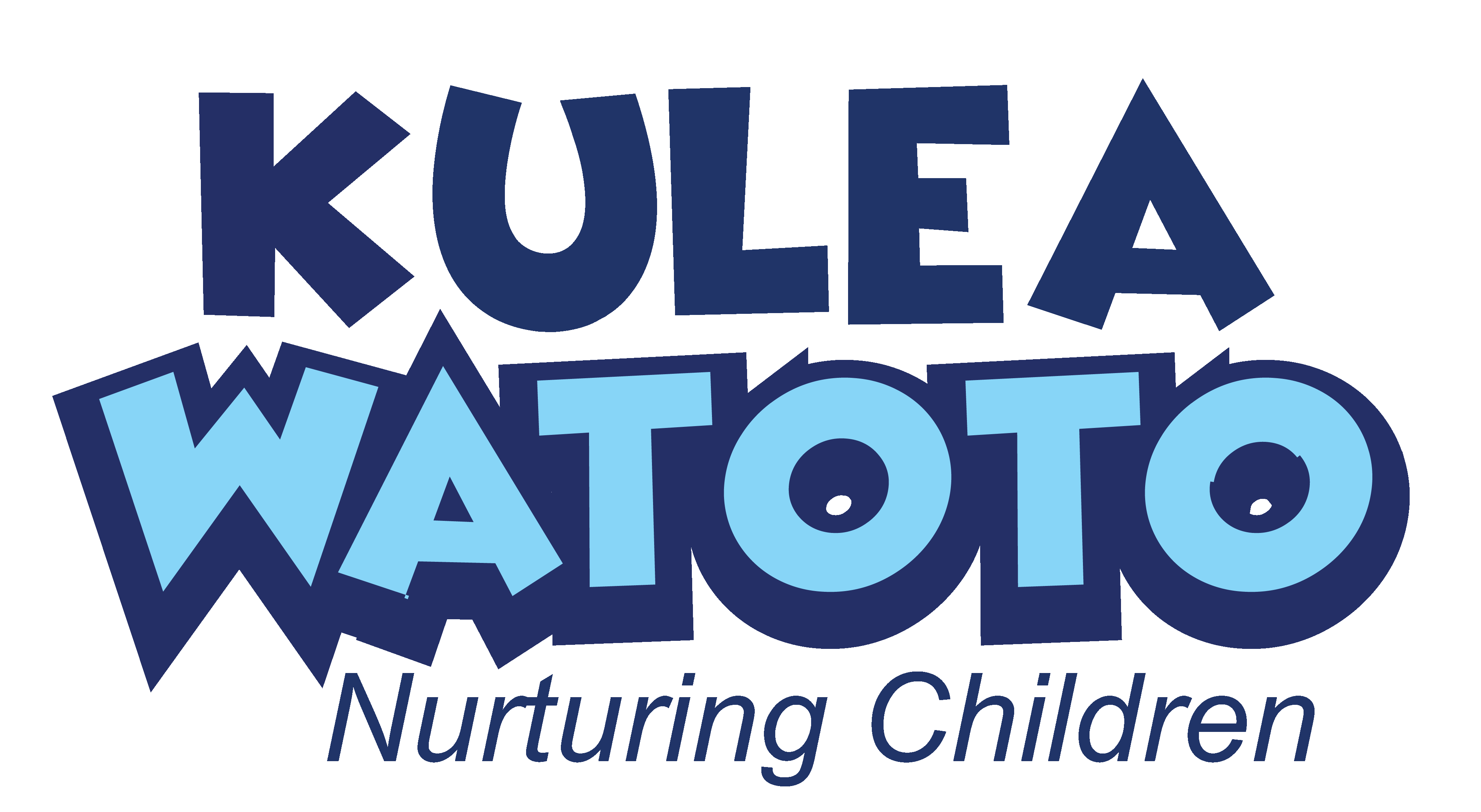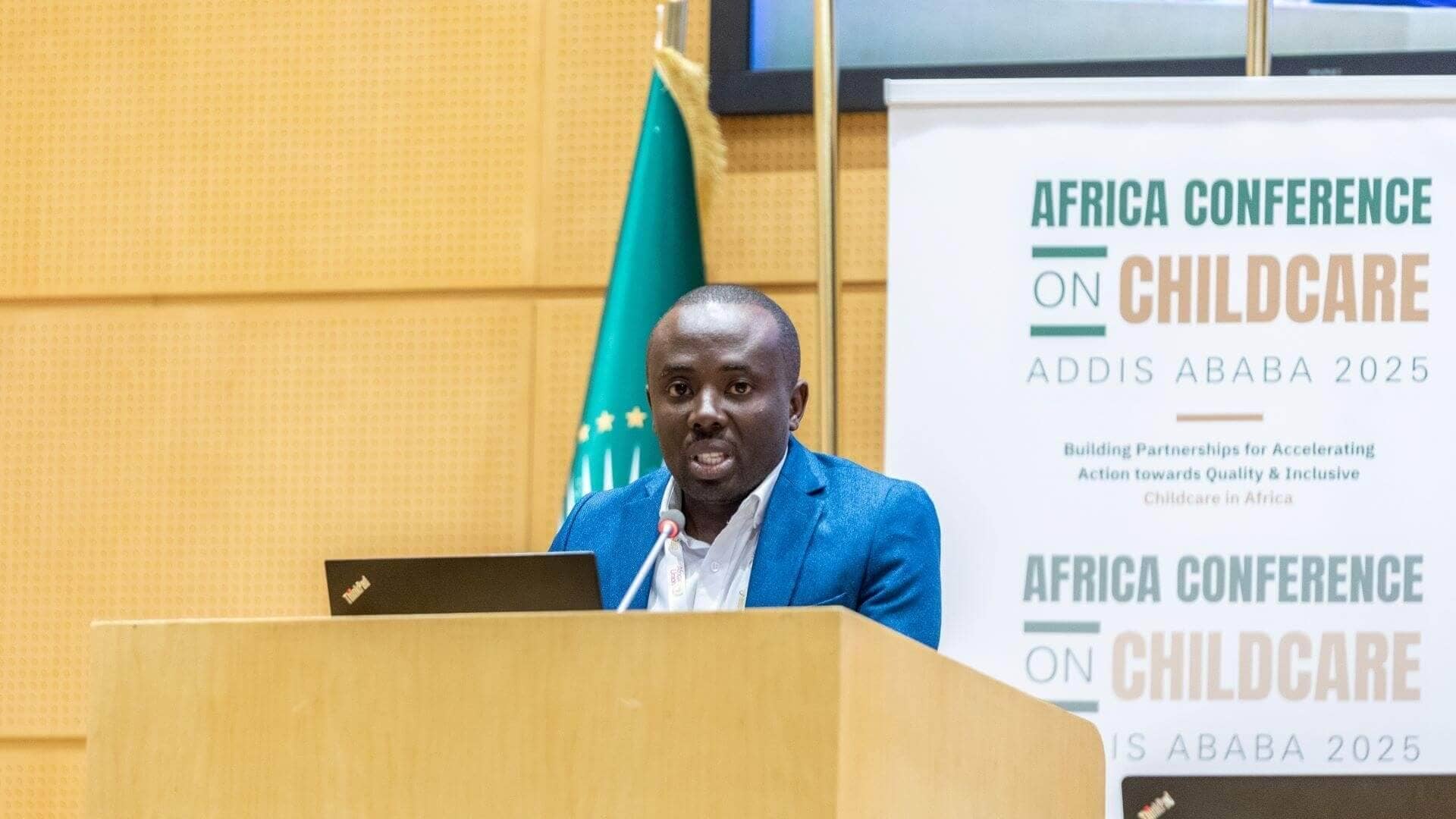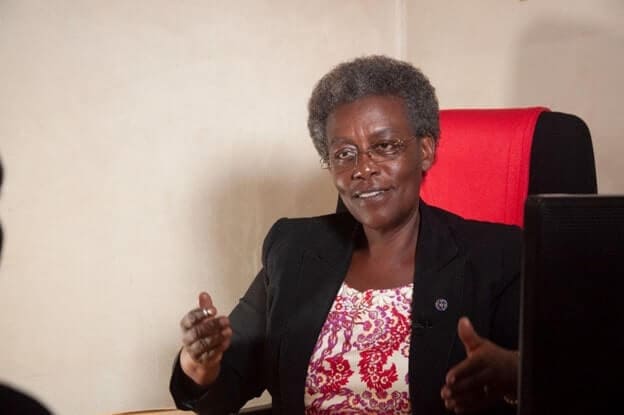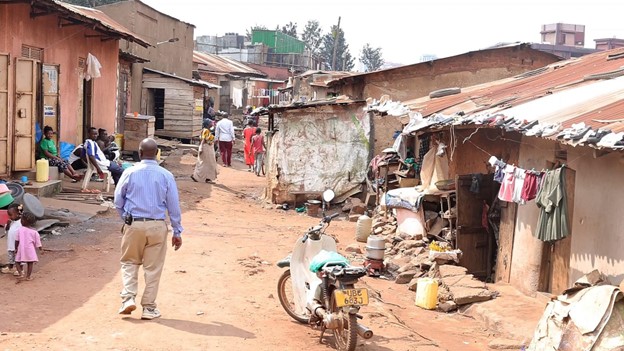Empowering Refugees Through Agriculture: Phillip's Journey to Self-Reliance
Empowering Refugees Through Agriculture: Phillip's Journey to Self-Reliance
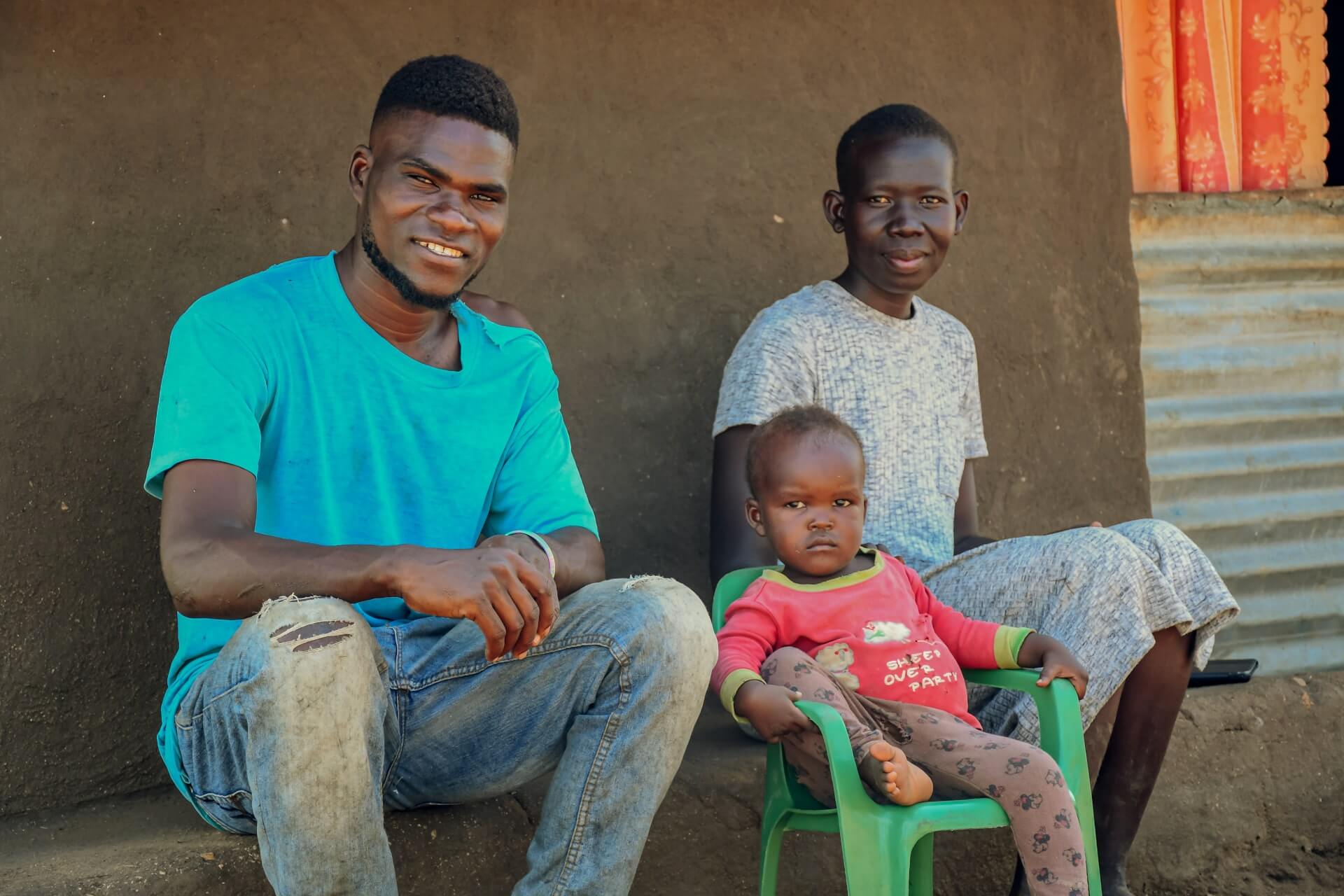
Phillip Ochan with his wife Betty and son Emmanuel at their home in Bidi Bidi Refugee Settlement. Thanks to trainings from Kulea Watoto, the young couple is hopeful for the future (Photo Credit: Jonathan Ssekitondo)
Phillip Ochan, 27 had hoped to return home sooner, but the prolonged civil war in South Sudan forced him to extend his stay in Uganda's refugee settlement for eight years. During this time, he found a new home in Village 14 Zone 1 in Bidi Bidi Refugee Settlement and married Betty Ngonga. Together, they have a two-year-old son named Emmanuel.
Through farming, Phillip was determined to build a prosperous life for his young family, provide for their basic needs and ensure a bright future for his son. However, he faced challenges due to prolonged droughts and pest infestation, which hindered his farming efforts and demotivated him.
His spirit was, however, rejuvenated through the Kulea Watoto Project, which provided training in financial literacy, income-generating skills, and mindset change. Together with other refugees in Village 14, Phillip learned the importance of working together with his wife, Betty, to achieve their goals as a family. They drew a vision, pinned it in their living room, to remind them of where they want to be in the next five years. This unity not only improved their farming practices, but also reduced cases of domestic violence in the community.
“The trainings centered around children and family; the need to work together with my wife to better our lives. I learnt a lot. Now, I work together with my wife in the field. We agree on what to plant, how much to sell and what to use the money for. We don’t fight over anything because we are a team. Cases of domestic violence have also greatly reduced in my community, thanks to these trainings because families are working together,” he says.
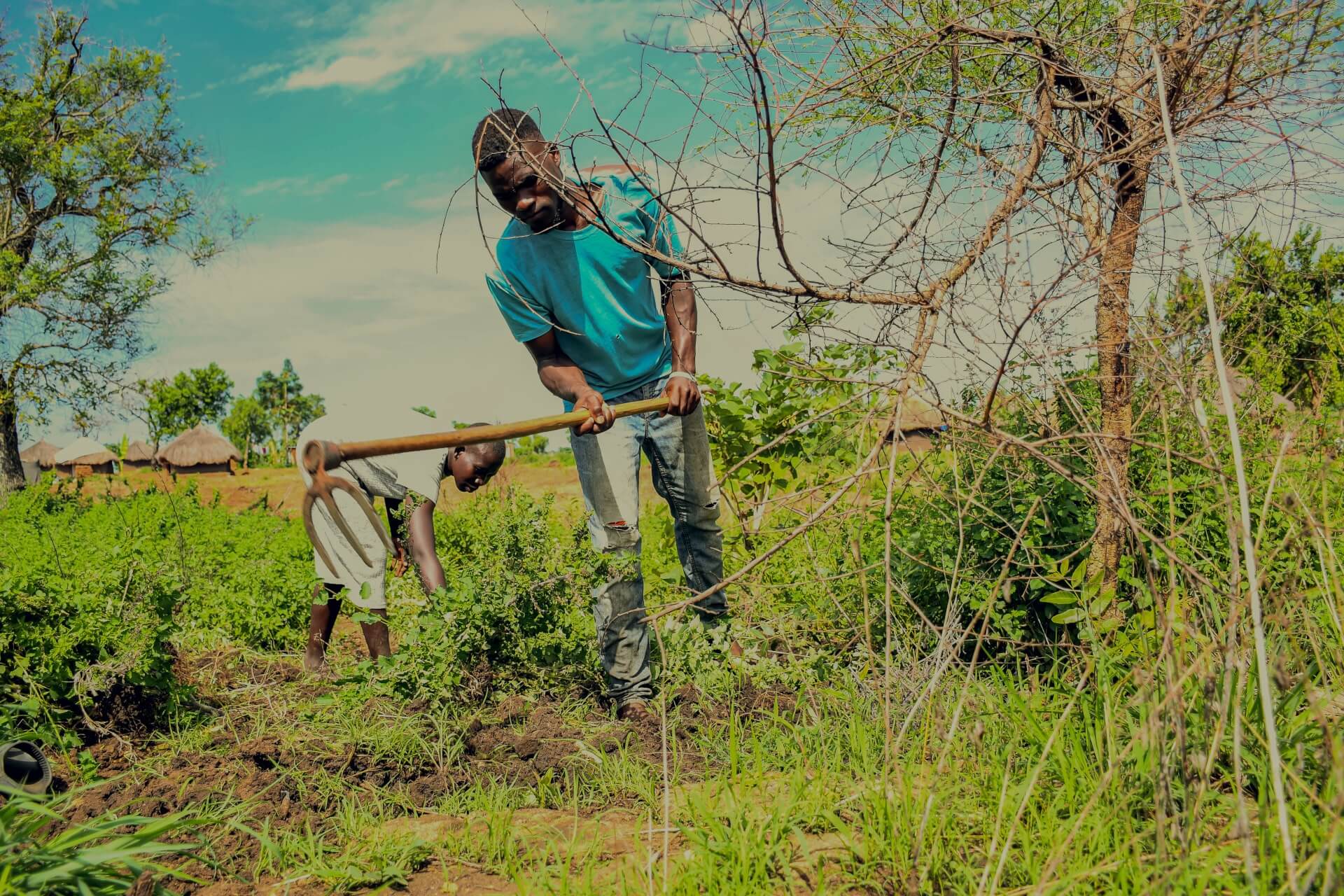
Phillip and his wife Jane tend to their garden. Following trainings in permaculture techniques, climate-resilient agriculture, and eco-friendly pest control methods the young couple can provide enough food for home consumption and sale (Photo by Jonathan Ssekitondo)
Furthermore, Phillip received training in permaculture techniques, climate-resilient agriculture, and eco-friendly pest control methods. He was equipped with vegetable seeds and agricultural tools to kickstart his farming activities on their one-acre land. With newfound expertise and commitment, Phillip and Betty now grow okra - a cash crop, maize, cassava, and black-eyed peas, ensuring steady household food security, and overall income for their family from sale of their surplus.
“Life is now better off since these trainings. The plants we grow have provided us with enough nutritious food for consumption at home. We don’t buy food any more,” he explains. “We have also planted Okra, a cash crop, and hope to harvest and sell it to supplement our income so that we can provide nutritious meals to our son and save money for his education.”
With Kulea Watoto expected to offer a cash grant to refugees enrolled under the project, Phillip is expectant that this will further push their efforts to be fully self-reliant.
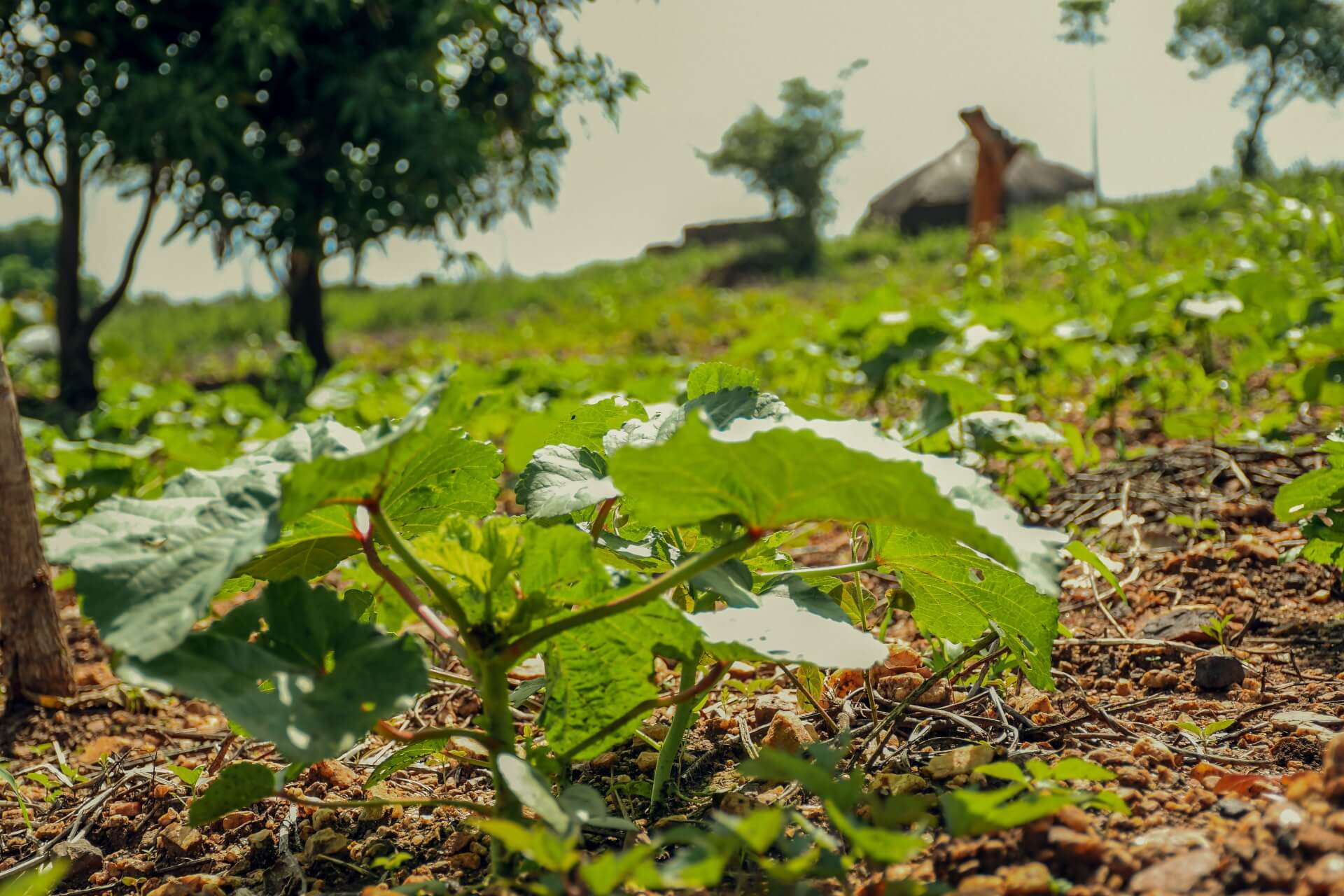
A thriving Okra garden. Phillip is hopeful that he will be able sell it to supplement his household income so that we can provide nutritious meals to their son and save money for his education.
“I am satisfied with what Kulea Watoto has offered me and my family even before the grant,” he says. “My wife and I have fully embraced the project interventions and have already planned on using the cash grant to purchase more seedlings and fully utilize our land to maximize our output. From the sale of our produce, we will have enough capital to start a small shop that will supplement our farming efforts.”
As the demand for food is projected to increase by 55% in 2030, supporting farmers like Phillip is crucial for food security and livelihoods in refugee settlements. The impact of the Kulea Watoto Project on Phillip's family and the wider community showcases the transformative power of empowering refugees through agriculture. By sharing Phillip's journey to self-reliance, we highlight the resilience and determination of refugee families striving for a better future despite facing adversities. Through sustainable farming practices and community support, refugees like Phillip are not only able to provide for their families but also contribute to the economic development of their communities.
